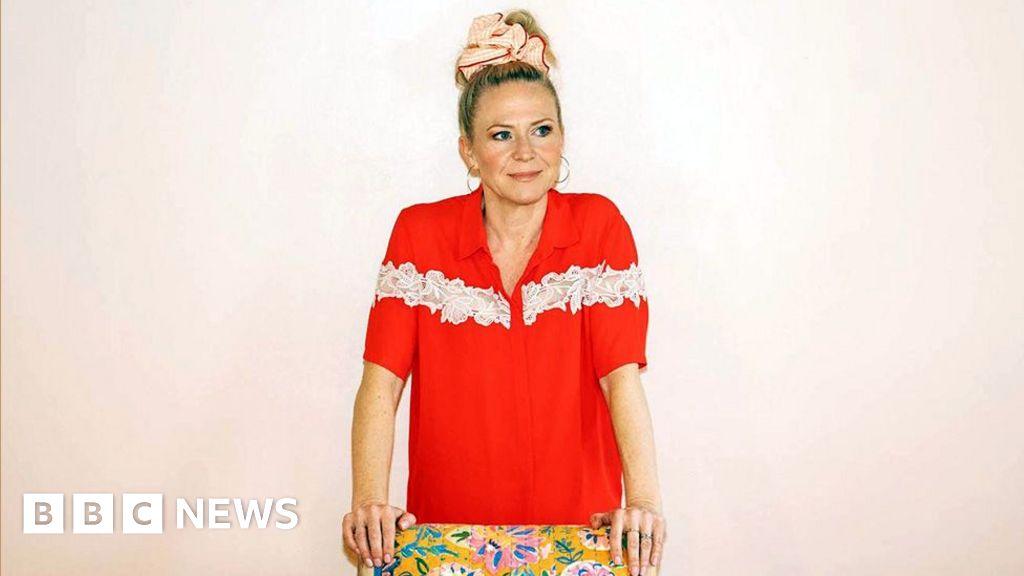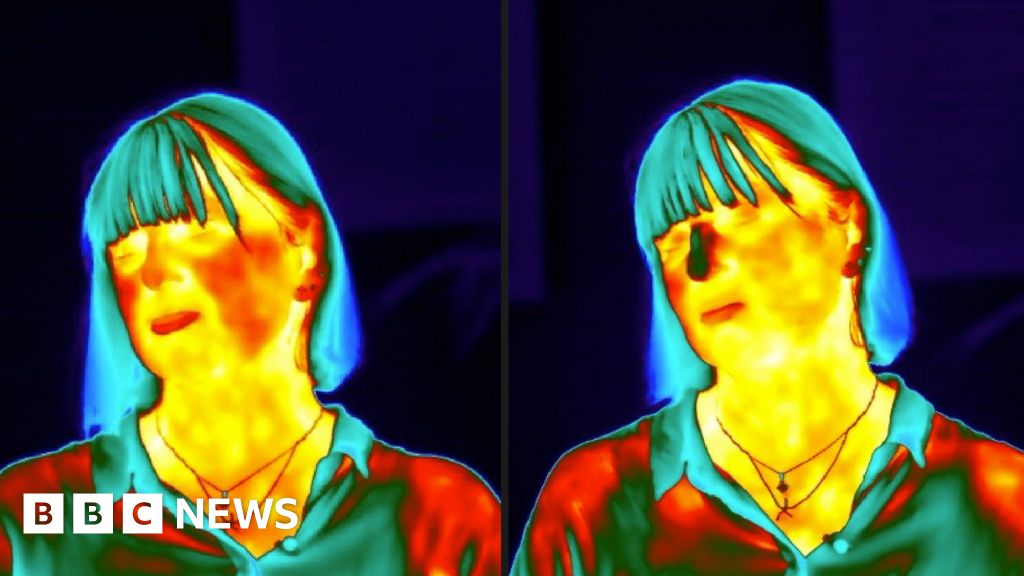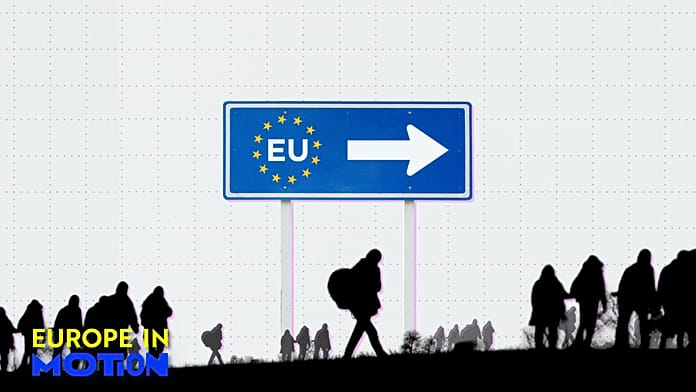Jeremy Hunt considers increase to stamp duty tax threshold - homeowners would pay from £300,000
The Chancellor is thought to be considering cutting stamp duty in the final autumn statement in an effort to underline the Conservatives’ tax-cutting methods.Jeremy Hunt is considering increasing the threshold at which homebuyers pay stamp duty from £250,000 to £300,000, The Times reported.The move is believed to cost £3billion a year by 2028-29.It would mean around half of people buying a house would no longer need to pay stamp duty, saving up to £2,500.Michael Gove, the levelling-up secretary, has previously pushed for Hunt and Sunak to make a 'bold offer' on housing. He supports cuts to stamp duty to help first-time buyers as part of a package to win round voters.Please write at least 2 paragraphsThe plans to increase the stamp duty threshold were considered for the spring budget but rejected in favour of cuts to national insurance. Hunt and Prime Minister Rishi Sunak have said their “long-term ambition” is to scrap national insurance entirely, but there has been no set dates for this.The Conservatives hope further tax cuts could boost their chances at the next general election.Hunt has said the impact of lower taxes combined with falling inflation and potentially decrease interest rates could start to have an effect on voters by the autumn.Ministers are keen on both further cuts to national insurance and stamp duty if there is enough money available.A senior Tory told The Times home ownership is key to driving economic growth and is "at the heart of Conservative values".He explained that a cut to the stamp duty would send a signal to voters that the Government "gets it" and wants to help. Currently people begin paying stamp duty at five per cent of the value of a property over £250,000, with the rate increasing to 10 per cent beyond £925,000 and as much as 12 per cent for houses valued at more than £1.5million.The threshold increase would benefit more people in the south of England as that is where property prices are more expensive.The estate agent Hamptons said that people moving home would save up to £2,500. Those in the south of England would benefit the most as property prices are significantly higher. It would also mean that the average property price in every region outside London, the southeast and the east of England would be below the stamp duty threshold.Hunt opened talks this month with senior officials about the date of the autumn statement to ensure there is sufficient time to notify the Office for Budget Responsibility, the official forecaster.LATEST DEVELOPMENTS:Pensioners to get ‘headroom’ for retirement savings but millions face paying more taxesBritons urged to check tax code or risk ‘nasty’ surprise bill from HMRCScrapping ‘unfair’ inheritance tax relief loophole could raise billions for HMRC Sunak is said to want to delay the election until November to ensure more time for the economy to improve.He will set out a vision of a "new welfare settlement for Britain", in which people will be expected to work wherever possible, in return for assistance in tackling health conditions holding them back.
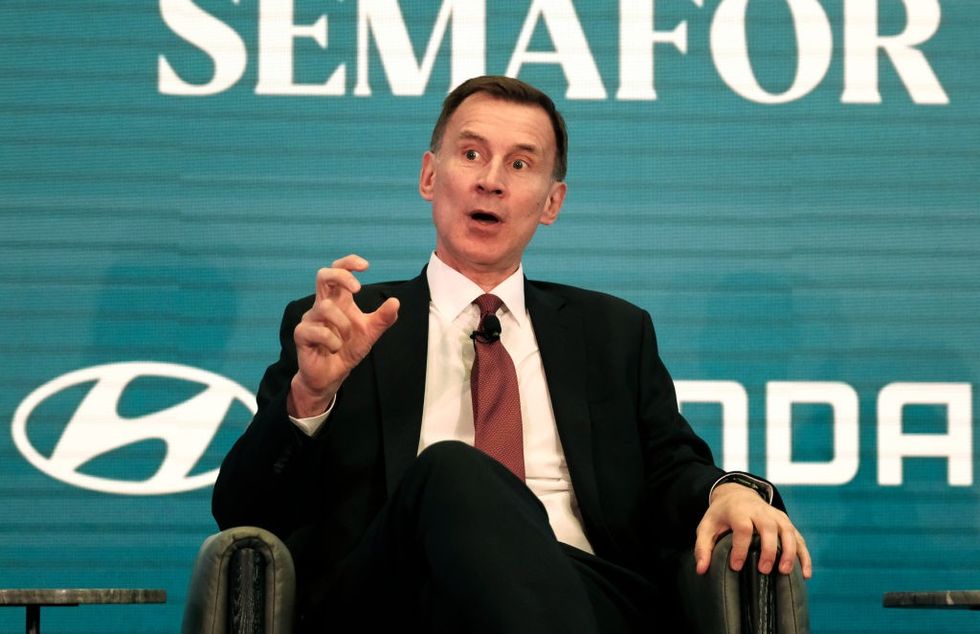
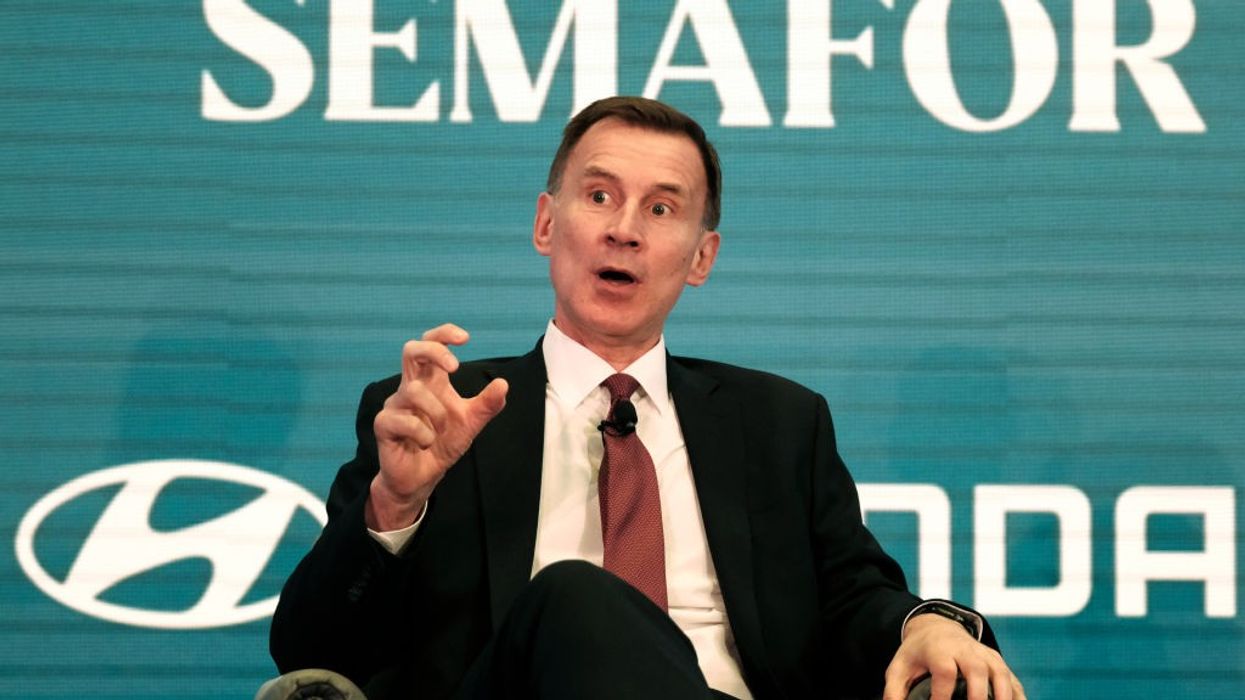
The Chancellor is thought to be considering cutting stamp duty in the final autumn statement in an effort to underline the Conservatives’ tax-cutting methods.
Jeremy Hunt is considering increasing the threshold at which homebuyers pay stamp duty from £250,000 to £300,000, The Times reported.
The move is believed to cost £3billion a year by 2028-29.
It would mean around half of people buying a house would no longer need to pay stamp duty, saving up to £2,500.
Michael Gove, the levelling-up secretary, has previously pushed for Hunt and Sunak to make a 'bold offer' on housing.
He supports cuts to stamp duty to help first-time buyers as part of a package to win round voters.
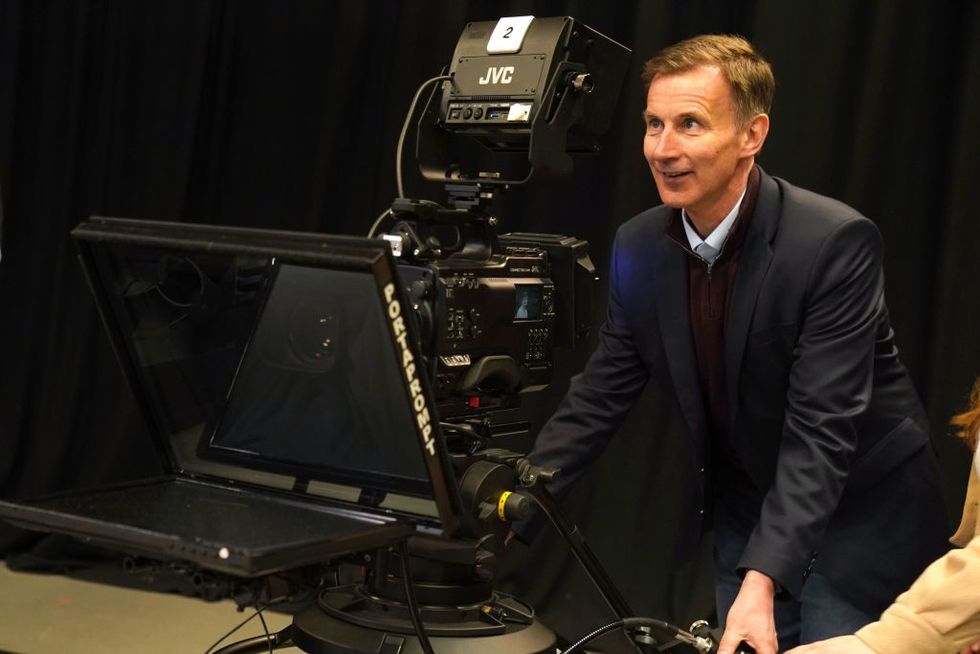
Please write at least 2 paragraphs
The plans to increase the stamp duty threshold were considered for the spring budget but rejected in favour of cuts to national insurance.
Hunt and Prime Minister Rishi Sunak have said their “long-term ambition” is to scrap national insurance entirely, but there has been no set dates for this.
The Conservatives hope further tax cuts could boost their chances at the next general election.
Hunt has said the impact of lower taxes combined with falling inflation and potentially decrease interest rates could start to have an effect on voters by the autumn.
Ministers are keen on both further cuts to national insurance and stamp duty if there is enough money available.
A senior Tory told The Times home ownership is key to driving economic growth and is "at the heart of Conservative values".
He explained that a cut to the stamp duty would send a signal to voters that the Government "gets it" and wants to help.
Currently people begin paying stamp duty at five per cent of the value of a property over £250,000, with the rate increasing to 10 per cent beyond £925,000 and as much as 12 per cent for houses valued at more than £1.5million.
The threshold increase would benefit more people in the south of England as that is where property prices are more expensive.
The estate agent Hamptons said that people moving home would save up to £2,500.
Those in the south of England would benefit the most as property prices are significantly higher.
It would also mean that the average property price in every region outside London, the southeast and the east of England would be below the stamp duty threshold.
Hunt opened talks this month with senior officials about the date of the autumn statement to ensure there is sufficient time to notify the Office for Budget Responsibility, the official forecaster.
LATEST DEVELOPMENTS:
Pensioners to get ‘headroom’ for retirement savings but millions face paying more taxes
Britons urged to check tax code or risk ‘nasty’ surprise bill from HMRC
Scrapping ‘unfair’ inheritance tax relief loophole could raise billions for HMRC
Sunak is said to want to delay the election until November to ensure more time for the economy to improve.
He will set out a vision of a "new welfare settlement for Britain", in which people will be expected to work wherever possible, in return for assistance in tackling health conditions holding them back.
























